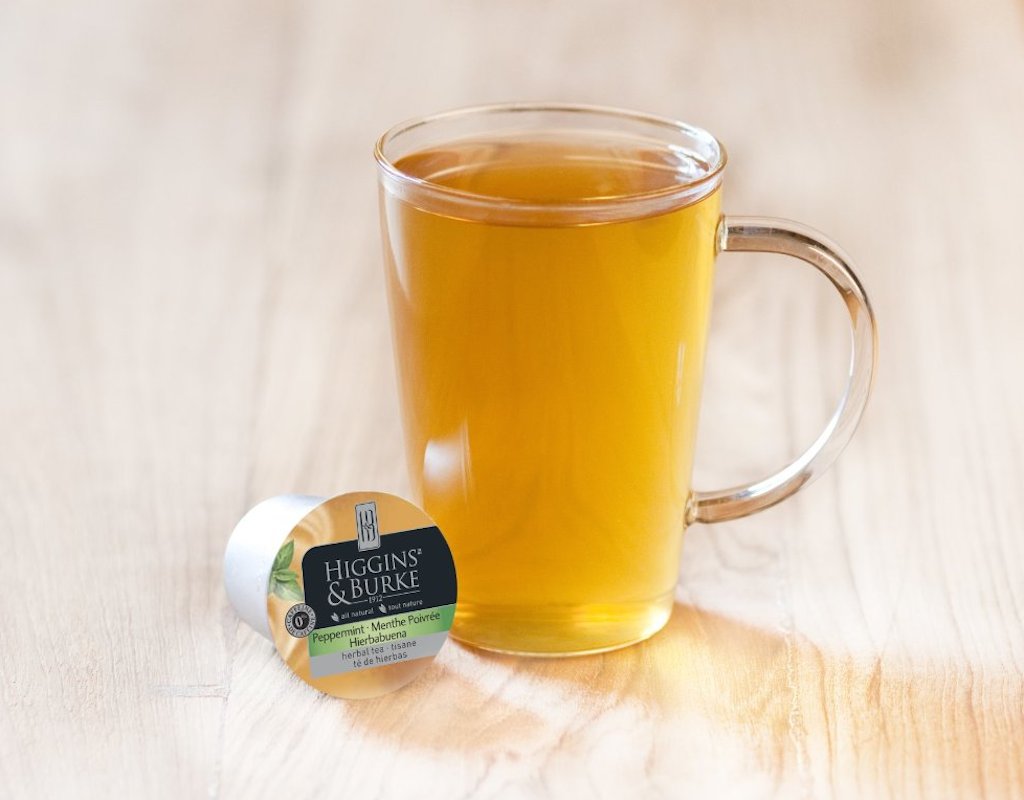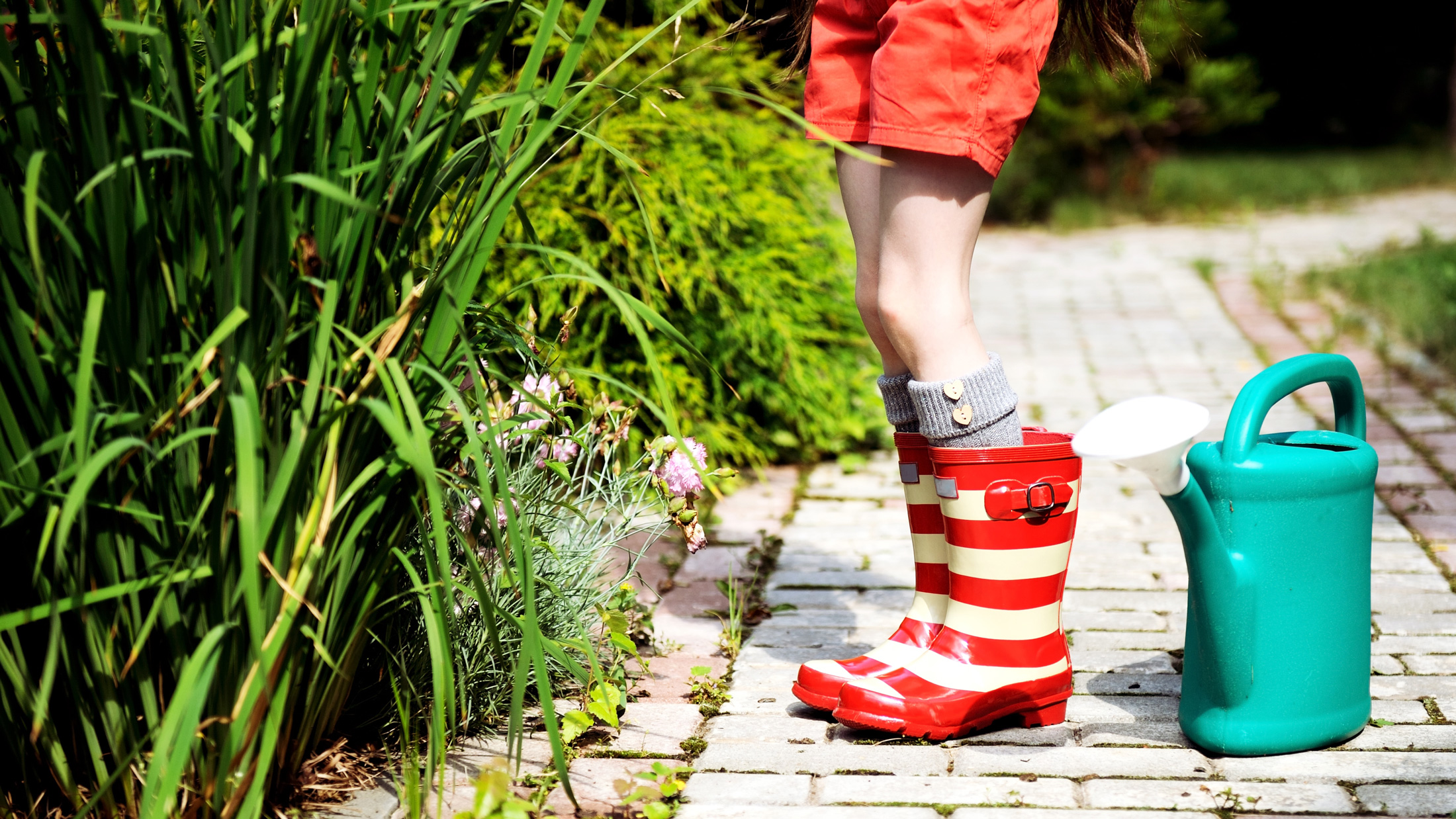Send your question to Umbra!
Q. Weeds have taken over the yard of a house that hasn’t been maintained. Can you please recommend an environmentally friendly way to get rid of them?
Adriana F.
San Jose, Calif.
A. Dearest Adriana,
I love gardening questions. They allow me to virtually escape the stacks and spend the day mentally frolicking in a sunny, flower-filled yard. And with spring finally springing in so many places, yours is a timely query indeed.
It sounds like the weeds in question aren’t in your yard, Adriana, but perhaps you’re keen to remove a neighborhood eyesore. (If people actually still live in this house, though, you should probably have a chat before descending on their property with hoes and trowels.) It also sounds like you’re dealing with an advanced infestation. Even so, you probably know what I’m going to say first: The best way to deal with weeds is … weeding!
Some may consider manual weeding a chore, but I prefer to see it as a chance to enjoy time outdoors, get a little exercise and fresh air, and get my hands dirty. And it’s the certainly the lowest-impact option. Just dig in with a dandelion fork, wide-blade screwdriver, or another handy implement and pull the offending plant, making sure to get its taproot.
You can make weeding easier by attacking when the plants are small and more readily removed. And don’t feel like you have to yank every last dandelion: Monocrop lawns aren’t ecologically healthy, and leaving a little diversity in the yard isn’t a bad thing.
Since it sounds like you’ve got a big job ahead, I’d try to enlist some help. Are there any local kids you can pay to pull with you? Or perhaps you can buy some snacks and throw a weed party for friends and neighbors? (Be careful how you phrase that invitation, or you might attract a different sort of guest.)
If hand-weeding just isn’t feasible, there are other chemical-free ways of dealing with this perennial problem. Goats can be hired out for lawn care, and by all accounts they’re quite effective at both mowing down grass and chomping weeds. Another low-impact method you might try is boiling water, which the excellent Northwest Center for Alternatives to Pesticides says can work on dandelions.
The next rung down on our preferred method ladder would be the application of heat or acidic substances. On the acid side, the least problematic solution is pouring regular household vinegar on the undesired plants. At about 5 percent acetic acid, vinegar poses few risks, but also isn’t as effective as more concentrated forms of the stuff. You can buy much stronger vinegar herbicides (from 8 to more than 20 percent acetic acid) for more tenacious weeds, but take care – these concentrations can cause skin and eye damage, and can adversely affect the pH of your soil for up to a month (not to mention damage other plants). Acids also only work on the exposed parts of the weed and may require several applications to fully kill off the roots.
If you have some disposable cash and/or slight pyromania, you can also pick up a device that vanquishes weeds through flame or radiant heat. Both types boil the water in the plants’ cells, instantly wilting them. Flame weeders are just what they sound like, which makes them less than ideal for fire-prone areas. Radiant heat weeders can be a better choice in those zones; they can reach temps of 1800 degrees F without an open flame. Both can make much quicker work of the task than hand-pulling, but they’re not perfect: Heat can hurt other nearby plants, too, and even kill off valuable soil bacteria. Plus, these devices run on propane, a cleaner-burning but still carbon-based fuel.
There are other ways to kill weeds, but these are my favorites for protecting the rest of the lawn and neighborhood ecosystem. Before you get medieval on that yard, though, let’s close with some wisdom from Ralph Waldo Emerson: “What is a weed? A plant whose virtues have not yet been discovered.”
Vernally,
Umbra



